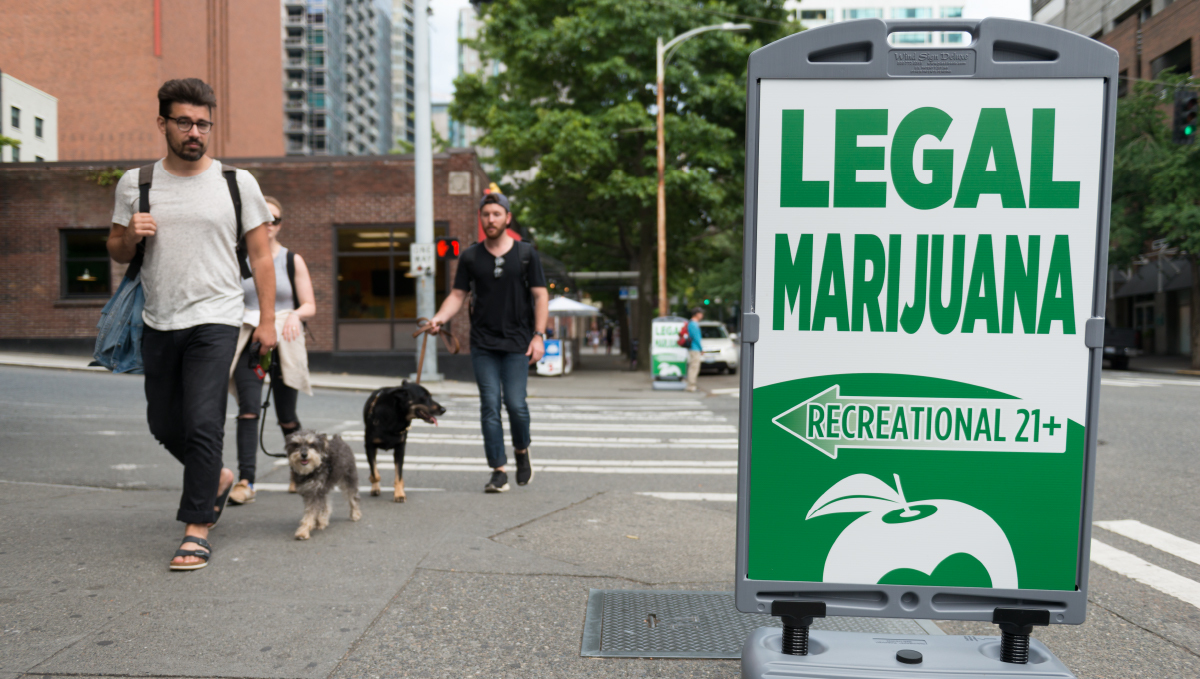Montana is Slow to Expunge Marijuana Convictions

Montana’s adult-use initiative passed in November 2020 allows anyone to clear a criminal record for acts that are now legal under the current law. However, defense attorneys report that there have been only a few requests for expungement so far and that those who decided to go through with it face many roadblocks.
The law that removed the penalty for the recreational use of cannabis and possession of under one ounce of the substance went into effect on Jan 1, 2021.
A Lot of Confusing Technicalities
The original plan was to create a special court that would streamline the expungement process, but there have been so few requests so far that they still go through the traditional court system.
The language of the law says that an offender can get a milder sentence, such as a misdemeanor instead of a felony. And if the actions for which they have received a conviction are now legal, it’s possible to clear the criminal record altogether. As in the case of possessing smoking paraphernalia or less than one ounce of marijuana. Reviewing the evidence isn’t always necessary, and some attorneys say the proceedings have run smoothly for their clients and are affordable.

However, critics say that many cases are not so clear-cut and require some looking into by the judge. A few petitions to expunge have been challenged by the prosecution and went before Montana’s Supreme Court. Generally, these are the cases in which simple possession was aggravated by an offense more serious in the eyes of the state’s law enforcement—cannabis cultivation.
The success of a petition may also hinge on a minor technicality, such as the failure to keep your stash in a locked space or to ask your landlord’s permission to cultivate cannabis plants on their property.
Stigma Still Strong
Examples like the ones cited above show that Montana’s judicial system still views marijuana users and growers with distrust. A Richland County judge made the headlines last April when he handed out a five-year sentence for something that had ceased to be a crime under the new legislation.
Teal Mittelstadt, the defense attorney for the case, said that although he couldn’t speak for the whole of Montana, a strong bias against cannabis still persisted in every county court he practiced in.











Comments